Using AI design to increase competitiveness
Viet Thang Jean Company mainly exports products to the US and European markets. In recent years, when having to return to the domestic market, the company has encountered many difficulties. At the same time, the difficulties have increased when the company's products have to compete with cheap Chinese goods consumed in Vietnam through e-commerce platforms such as: Shopee, Tiktok shop, Lazada...
Faced with this fierce competition, Mr. Pham Van Viet, General Director of Viet Thang Jean Company, said that the company focuses on investing in technology to reduce costs and diversify products according to fashion preferences of different ages and regions.
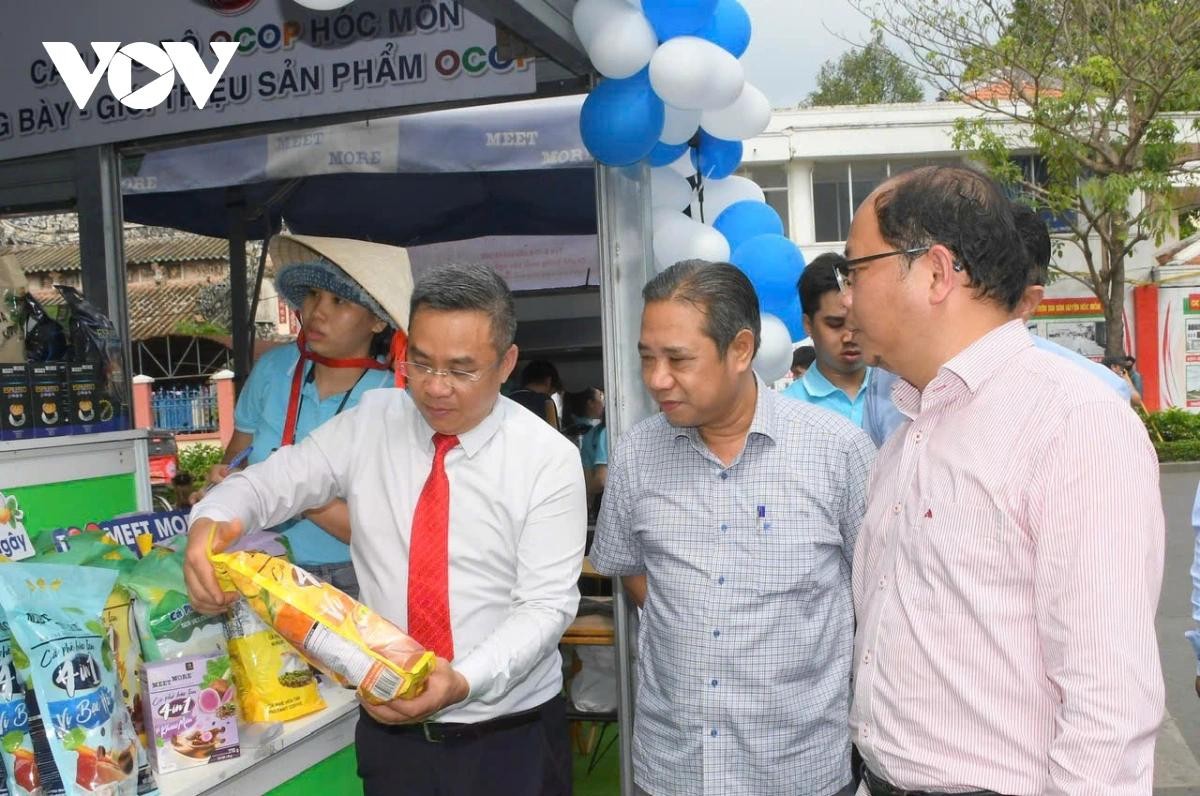
Mr. Nguyen Ngoc Luan - Director of Meetmore introduces OCOP products.
The company improves product images on e-commerce platforms so that customers can easily identify each product according to their needs such as: office fashion, meetings, entertainment, etc.
In terms of design, businesses using AI should reduce time and have more designs that follow fashion trends, making it easier to reach customers. Previously, it took a business a week to design a new model, but now using AI it only takes 2-3 minutes. Viet Thang Jean strives to achieve domestic market revenue of 250 billion VND this year.
"In the design stage, we apply 4.0 technology and AI very well. We can design for consumers of all regions and cultures, at any time. We can access customers' consumption trends more easily. We can design and coordinate clothes on AI. We orient, we do it faster," said Mr. Viet.
Support OCOP product promotion
In the agricultural sector, the competition between Vietnamese enterprises and Chinese goods is equally fierce. Mr. Nguyen Ngoc Luan - Director of Global Trade Linkage Company Limited (MeetMore) said that although Meetmore's instant fruit coffee products are produced from good-priced raw materials in the coffee capital of Vietnam, it is still difficult to compete with them in terms of price. They sell on e-commerce platforms at prices 10-15% lower.
Chinese manufacturers and businesses also have a branding strategy targeting the Vietnamese market with names that sound very Vietnamese, such as: Saigon coffee. Not to mention, right at the Vietnam Coffee Festival in Dak Lak , Chinese businesses also brought KOLs and tiktokers to livestream to sell products.

Mr. Nguyen Ngoc Luan - Director of Global Trade Linkage Company Limited (MeetMore) livestreams to sell products.
What is more worrying is not that cheap Chinese goods have the above advantages, but that they have been well prepared for many years from technology infrastructure and human resource training. Some Chinese businesses have opened many rounds of recruitment and training for tiktoker, KOL who are Vietnamese people who sell professional products for them from China and also in Vietnam.
Mr. Nguyen Ngoc Luan said that the important thing is that Vietnamese goods compete with Chinese goods not only in price but also in quality, how to help consumers clearly identify quality Vietnamese goods to choose. And now businesses really need support to promote this issue, especially with OCOP products.
According to Mr. Luan, the communication story is not enough if only businesses do it: "The current direction of supporting businesses and OCOP products to reach consumers is not enough, but needs to be stronger, especially recently we have done a campaign against counterfeit and poor quality goods. We need to promote communication to promote products that have been tested and recognized as OCOP. A series of signs at airports and public places need to support OCOP businesses to promote these products".
Mr. Nguyen Quach Nhi, an e-commerce expert, shared that Chinese goods have products with prices that are hard to understand and unbelievable. Currently, cross-border e-commerce goods with orders under 1 million VND do not have to pay taxes or undergo quality checks. Therefore, every day, cheap goods are exported to Vietnam with a very large number of orders. Meanwhile, goods produced or imported by domestic enterprises must pay many types of taxes, fees and go through many control stages. This creates unfair competition for domestic enterprises.
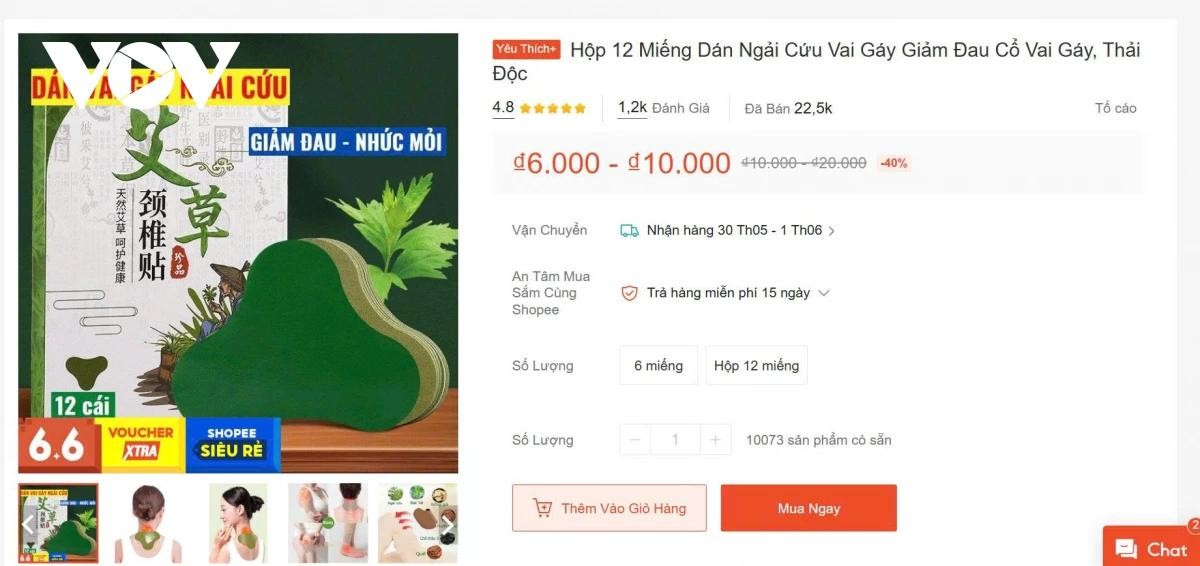
Chinese company's stickers cost less than half of Vietnamese products.
Mr. Nguyen Quach Nhi said: "If such a product is produced domestically, it will be subject to many regulations on compliance, inspection, quality control... All of that will add to the cost, while cross-border e-commerce goods are not subject to any regulations on specialized inspection, which is inequality for domestic enterprises. And if there is a problem when using the product, who will protect the rights of consumers?"
Faced with fierce competition with cheap foreign goods in the domestic market, Vietnamese enterprises need to proactively improve their competitiveness and need practical support from the authorities. Specifically, support propaganda to help consumers identify and choose quality and safe goods. At the same time, there should be strict regulations to create fair competition for domestic enterprises, and more binding regulations for trading floors on the quality of cross-border goods.
Source: https://baolaocai.vn/thi-truong-viet-nhu-mieng-banh-ngon-ma-doanh-nghiep-noi-can-chiem-linh-post402727.html



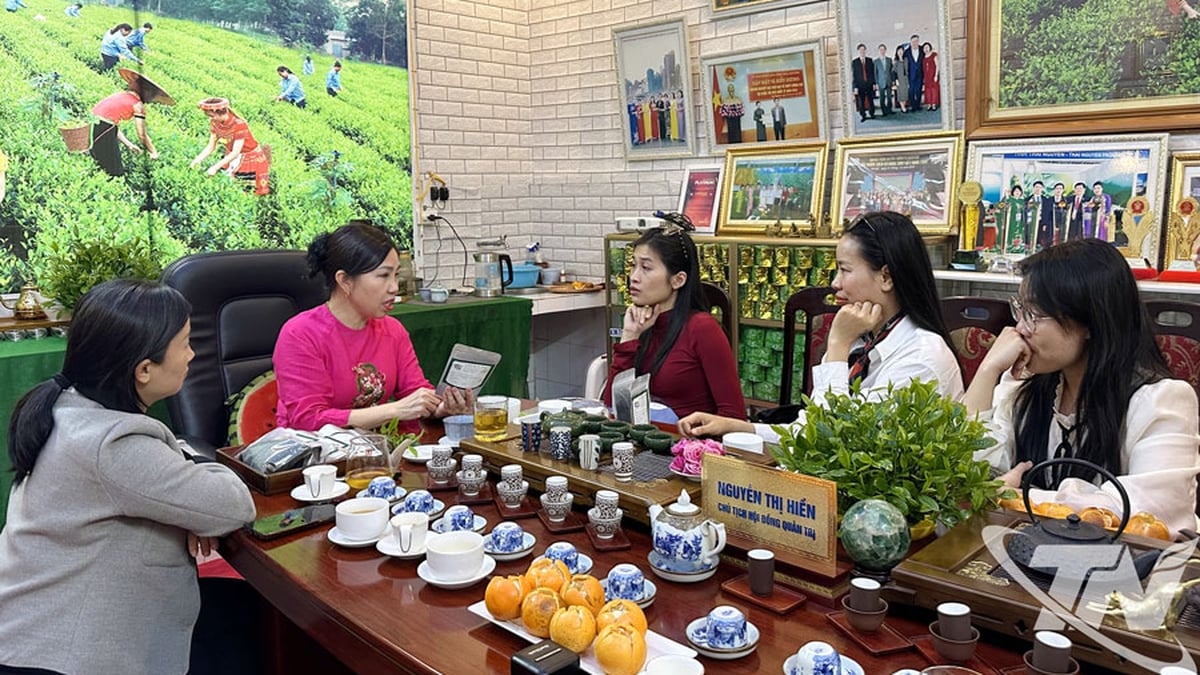


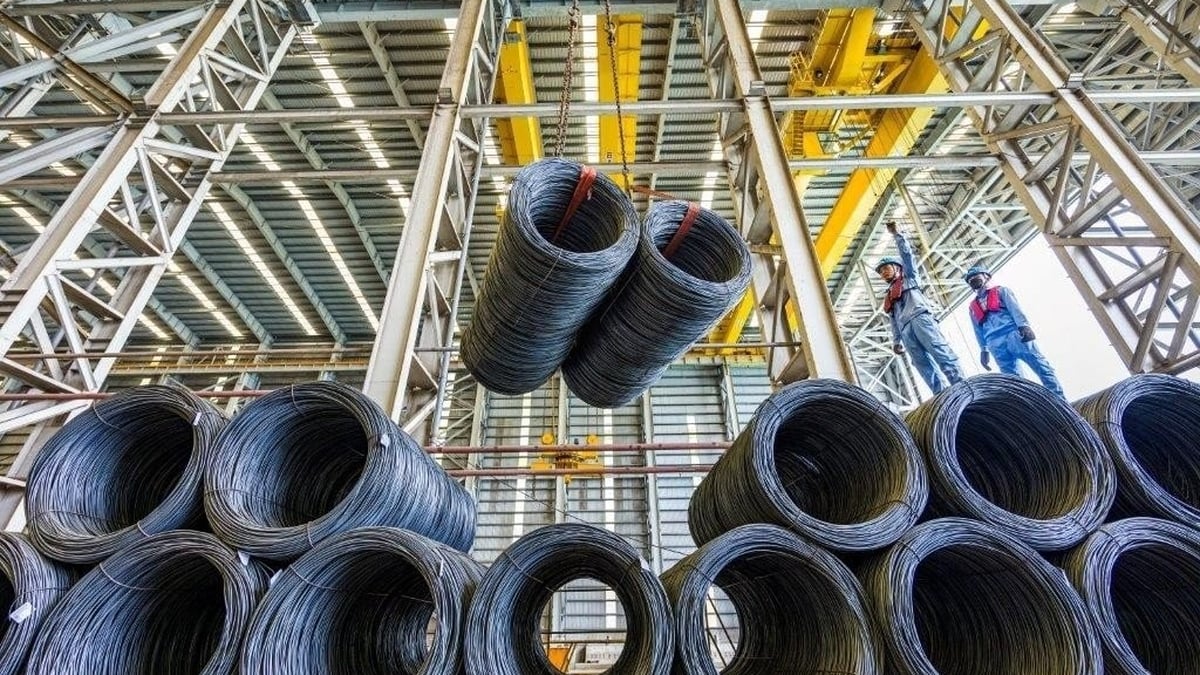




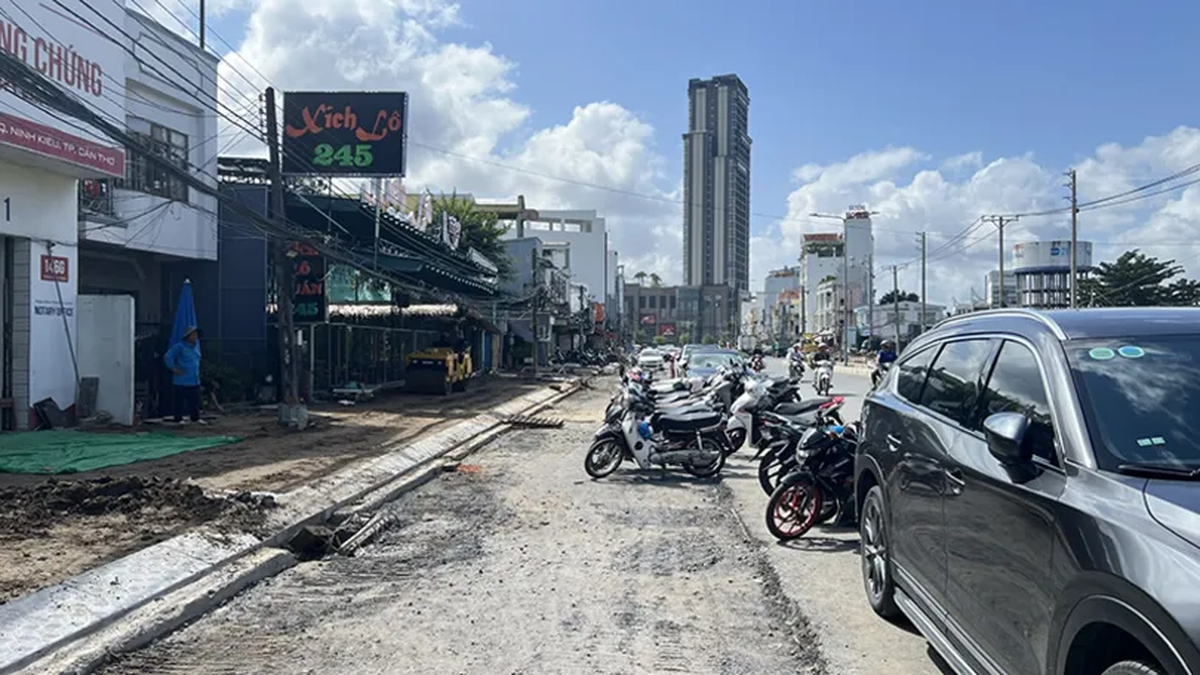












![[Photo] Nghe An: Provincial Road 543D seriously eroded due to floods](https://vphoto.vietnam.vn/thumb/1200x675/vietnam/resource/IMAGE/2025/8/5/5759d3837c26428799f6d929fa274493)






![[Photo] Discover the "wonder" under the sea of Gia Lai](https://vphoto.vietnam.vn/thumb/1200x675/vietnam/resource/IMAGE/2025/8/6/befd4a58bb1245419e86ebe353525f97)
























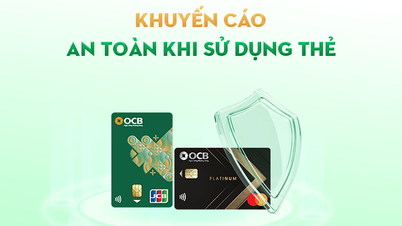




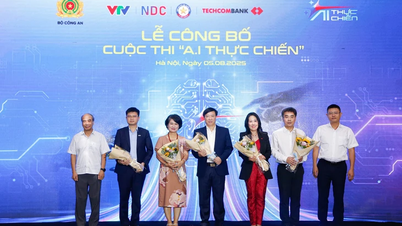








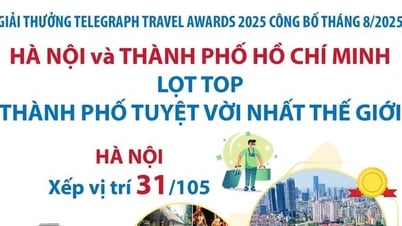





















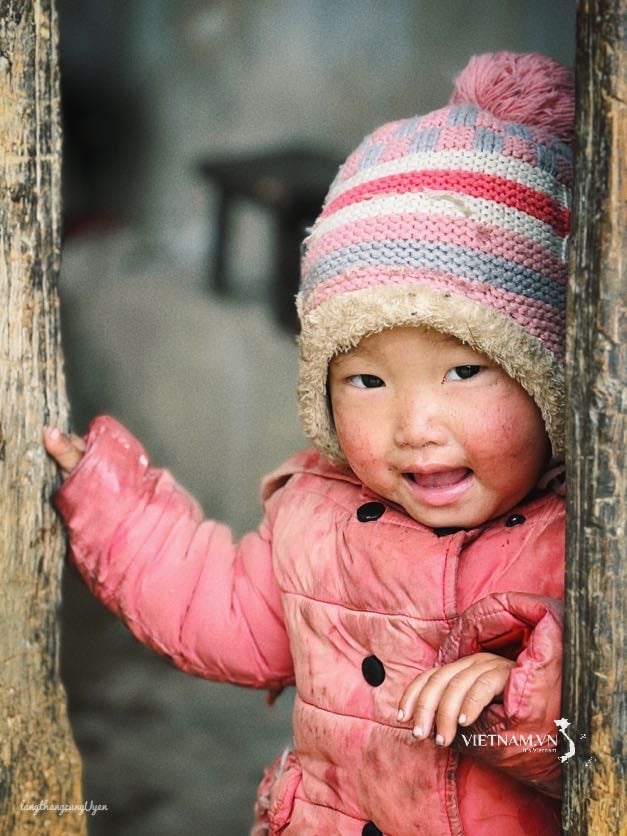

Comment (0)